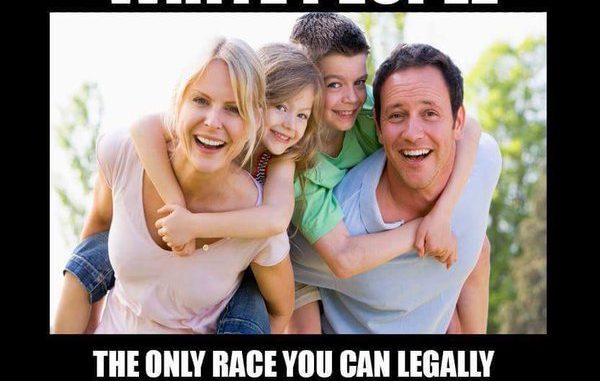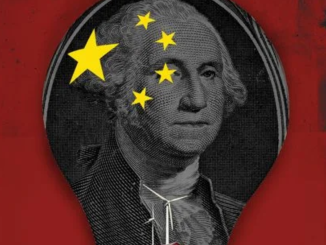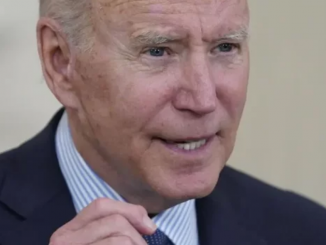
Peter Holley, Washington Post
Tamara Crowchief may have yelled “I hate white people” as she carried out a violent assault on a white person, but that doesn’t mean her attack was racially motivated, a Canadian judge has ruled.
The attack occurred outside a pub in Calgary, Canada, on Nov. 1, according to the Calgary Herald. Crowchief’s victim, identified as Lydia White, lost a tooth in the assault, the paper reported.
Prosecutor Karuna Ramakrishnan had tried to put Crowchief behind bars for 12 to 15 months by arguing that the indigenous woman’s “unprovoked” actions represented a hate crime, the paper reported. But Judge Harry Van Harten of the provincial court strongly disagreed.
“The offender said, ‘I hate white people’ and threw a punch,” Van Harten told those gathered in the court during his ruling. “There is no evidence either way about what the offender meant or whether … she holds or promotes an ideology which would explain why this assault was aimed at this victim. I am not satisfied beyond a reasonable doubt that this offense was, even in part, motivated by racial bias.”
{snip}
White was standing outside the pub talking to another person when Crowchief walked up and yelled “I hate white people” before punching White in the face, the paper reported. After the assault, Crowchief left the scene, but White followed her and called police.
{snip}
By the time of her sentencing, Crowchief had already spent more than six months in jail, according to the Calgary Herald.
Van Harten agreed with Crowchief’s defense attorney, Adriano Iovinelli, that she’d been behind bars long enough.
The judge gave Crowchief 12 months probation “and ordered her to get psychological and psychiatric counselling, as well as counselling for substance abuse,” the Herald reported.
Crowchief was also banned from drinking or going to a business that specializes in the sale of alcohol, the paper said.
Her case brings to light some of the longstanding racial tension between indigenous Canadians and the descendants of European colonialists, who vastly outnumber other ethnic groups.
Aboriginals make up just over 4 percent of Canada’s population, according to Canadian government figures from 2011.
Canadians, Terry Glavin writes in the Ottawa Citizen, take pride in living in a country that is free from the “original sin” of slavery and the century of violent conflict and social upheaval that followed its abolition in the United States. {snip}
“Down through the decades, scores of federal and provincial laws isolated, dispossessed and ghettoized one racial or ethnic minority after another. Asians weren’t allowed to vote in Canada until the late 1940s; federally-registered Indians had to wait until 1960.”
{snip}
Among the most sensitive areas of contention between indigenous Canadians and their government has been the forced separation of more than 150,000 aboriginal children from their families throughout the 19th and 20th centuries -— a policy many have labeled “cultural genocide.”
{snip}
A Canadian Broadcasting Corp. poll in 2014 revealed that only 50 percent of people living in Manitoba, Saskatchewan and Alberta said they’d find a romantic relationship with an “aboriginal person” acceptable, a full 13 percentage points lower than the national average.
Niigaan Sinclair, an assistant professor of native studies at the University of Manitoba, told the CBC that the results highlight a the nation’s pervasive legacy or racism.
When they were asked about having an aboriginal neighbor, only 61 percent of respondents from the same regions said they were comfortable with the idea, down from 75 percent nationally, the CBC reported.
{snip}


